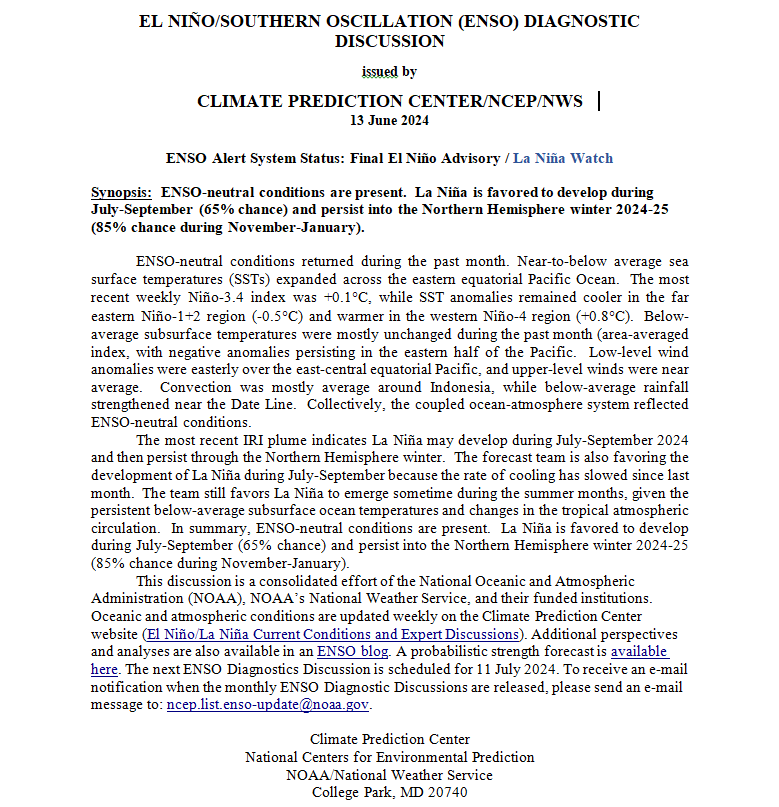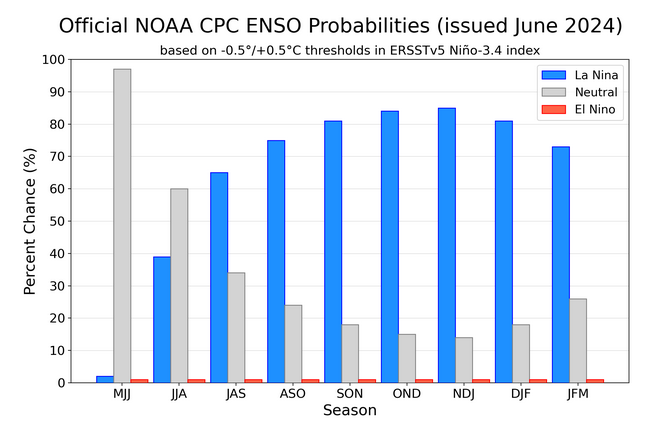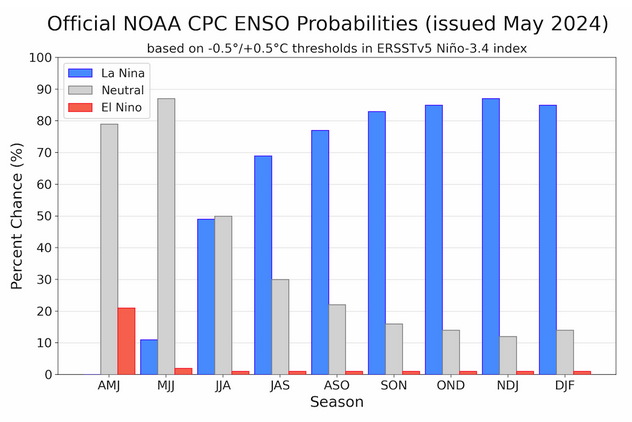Today Through the Fourth Friday (22 to 28 days) Weather Outlook for the U.S. and a Six-Day Forecast for the World: posted June 19, 2024
This article focuses on what we are paying attention to in the next 48 to 72 hours. The article also includes weather maps for longer-term U.S. outlooks and a six-day World weather outlook which can be very useful for travelers.
First the NWS Short Range Forecast. The afternoon NWS text update can be found here after about 4 p.m. New York time but it is unlikely to have changed very much from the morning update. The images in this article automatically update.
Short Range Forecast Discussion
NWS Weather Prediction Center College Park MD
Wed Jun 19 2024
Valid 12Z Wed Jun 19 2024 – 12Z Fri Jun 21 2024…Significant heavy rain/flash flooding threat with gusty winds well
ahead of Potential T.C. One expected to impact southern Texas today……A heat wave will persist over the Midwest, Great Lakes, Ohio Valley and
the Northeast into late week……Thunderstorms and heavy rain become less active across the
north-central today into Thursday but may reload across the northern
Plains Thursday night/early Friday…With the last piece of the potent upper-level energy exiting into southern
Canada, the weather across the northern tier states will be less busy than
recent days. Meanwhile, Potential Tropical Cyclone One (PTC1) is making a
headline as the heavy rain and tropical-storm-force winds well north of
the center of circulation are poised to move onshore and head inland
across southern Texas today. It appears that the lower and middle Texas
coasts will be the locations that will most likely be impacted by the
heavy rain and gale force winds. A coastal front may enhance the heavy
rainfall just inland from the coast but how sharp this front will get
is uncertain at this point. Meanwhile, the strong Bermuda High that will
help sustain the heat wave across the Ohio Valley to the Northeast will
also help steer PTC1 westward toward northern Mexico today as PTC1 could
acquire tropical storm (TS) status before making landfall early on
Thursday. The heavy rain well north of TS1 will likewise move west across
southern Texas and into the Rio Grand Valley through tonight, resulting in
rainfall totals of 5 to 10 inches from northeast Mexico into South Texas
with maximum totals of 15 inches possible. Winds associated with TS1 will
weaken rapidly over northern Mexico as the heaviest rainfall is forecast
to move west of the Rio Grand Valley into northern Mexico and begin to
taper off early on Friday. Meanwhile, some of the tropical moisture from
TS1 is forecast to stream north and trigger showers and thunderstorms
across the Four Corners region by Thursday and into Friday.As the aforementioned upper-level energy and associated low pressure
system moves farther into Canada, the thunderstorms and heavy rain from
the central Plains to the upper Midwest will become less active today.
The trailing front from the low will become nearly stationary from west to
east across the northern tier states during the next couple of days. The
next piece of upper-level energy ejecting from the central Rockies will
begin to interact with the stationary front late on Thursday and
reinvigorate heavy rain and strong thunderstorms across the northern
Plains and toward the upper Midwest into Friday morning.Meanwhile, a heat wave will continue to impact areas from the Midwest into
much of the Ohio Valley, Great Lakes, Northeast and Mid-Atlantic through
the next few days. Afternoon high temperatures and warm overnight lows
will likely challenge daily records and even some monthly records. Heat
index readings are expected to peak from 100 to 105 degrees in many
locations. Those without access to reliable air conditioning are urged to
find a way to cool down. Record warm overnight temperatures will prevent
natural cooling and allow the heat danger to build over time indoors
without air conditioning. Conditions are expected to improve over New
England this weekend.

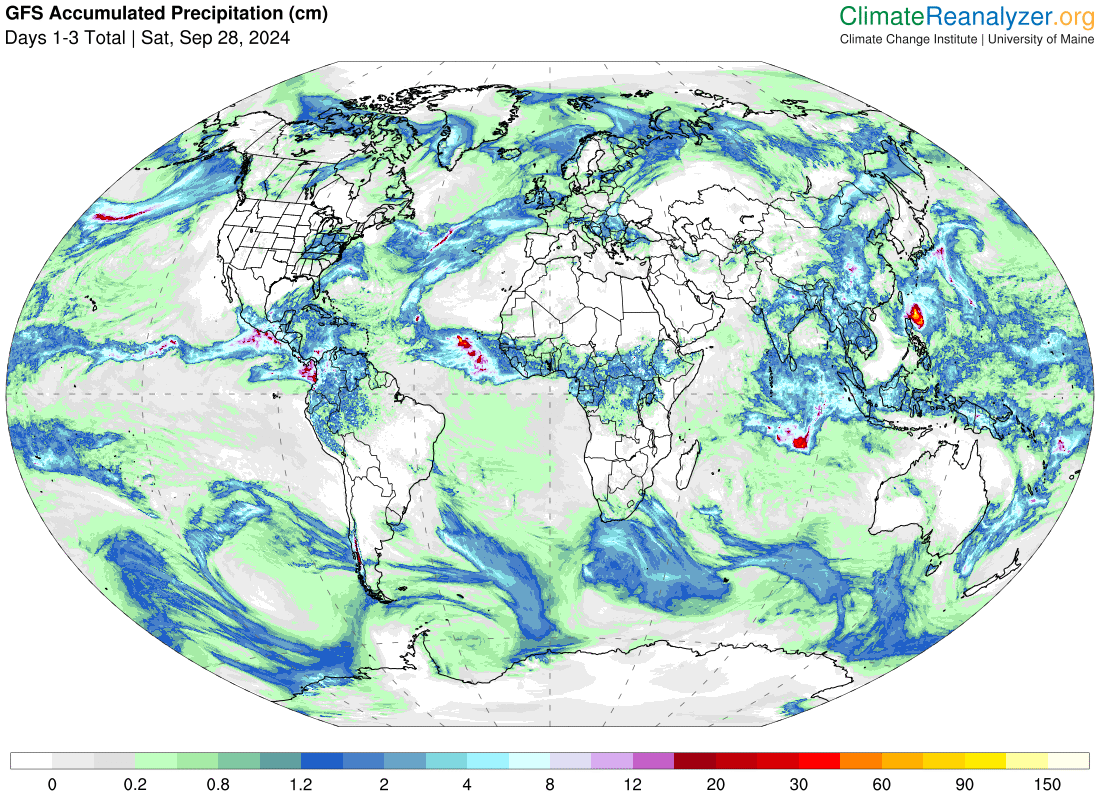

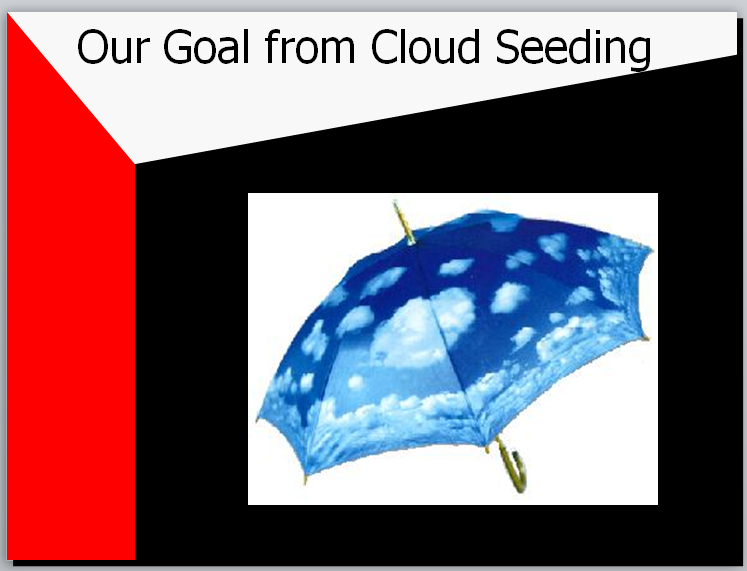
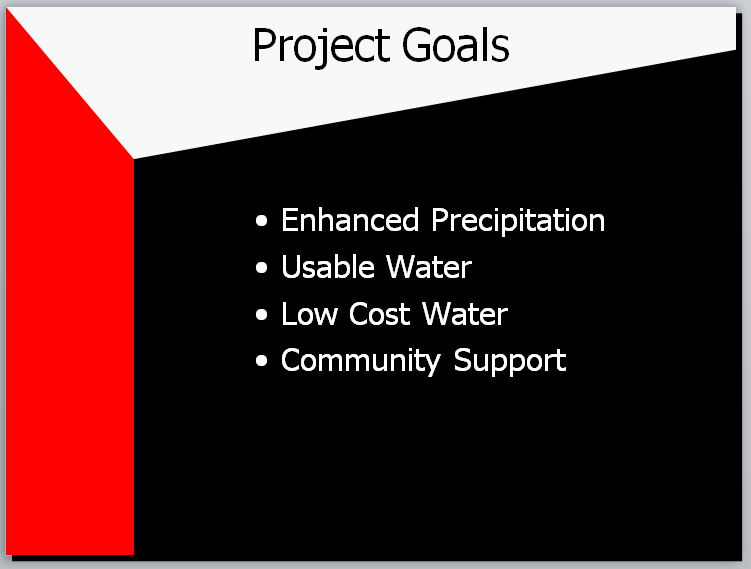
 >
>